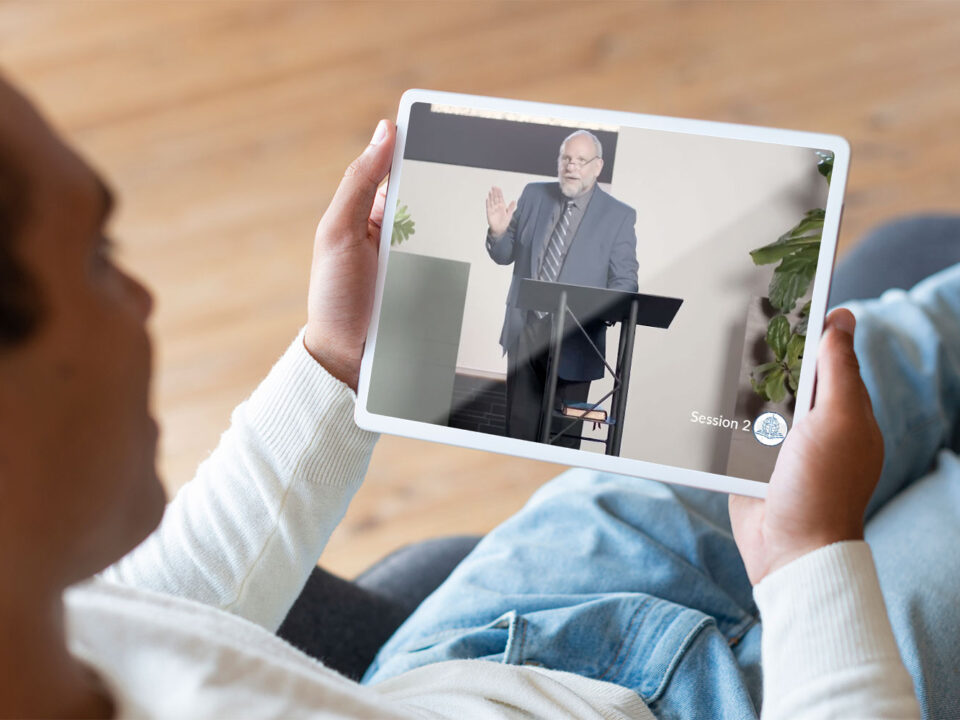LISTEN TO THE PODCAST
EPISODE OVERVIEW
 Are you an effective communicator? Are you sure? You may have been in leadership for decades, but that’s no guarantee.
Are you an effective communicator? Are you sure? You may have been in leadership for decades, but that’s no guarantee.
Understanding the four stages of speaking will help you determine the answer to these important questions. Abraham Maslow, the acclaimed psychologist most famous for developing the hierarchy of needs pyramid, also pioneered the four stages of learning. Here, I compare them to the four stages of speaking:
- Unconscious incompetence: At this stage, we don’t know what we don’t know, and often, this is due to a lack of constructive feedback. In business or leadership, the non-speaker avoids public speaking at all costs. Haven’t we all been in a meeting where someone is casually asked to “just share with us…” and then that person is gripped with fear? For these types of people, their interpersonal communication may be poor as well and they often work at jobs with very few speaking requirements.
- Conscious incompetence: Now, you realize what it is you don’t know, often associated with a lot of pain. The occasional speaker will speak if they must. Speaking at this level is inhibiting, but not debilitating. And here’s the good news: This is the easiest stage to advance from. Here, work and practice will take you far.
- Conscious competence: At this level, we practice and work at what we don’t know. Willing speakers don’t have much fear drawing them back. They’ve learned to positively use their emotions and convey their thoughts. In general, they have confidence in their communication abilities.
- Unconscious competence: Once you’ve practiced a skill long enough, you don’t even have to think about it. You simply do what you know. The leader-speaker is actually stimulated by speaking; they’re driven to present their ideas and reap the rewards of their presentation. They inspire, influence, motivate, and mobilize, moving their agendas down the road.
Thankfully, most communication skills are learned, and no matter what level you’re at today, you can take that up a few notches.
One of my favorite quotes from Secrets of Dynamic Communication by Ken Davis is this:
“If you wish to communicate the gospel effectively, you will have to do more than just dump information on the audience or pepper the forest with theological buckshot. Your message is more than a message to be heard, it is a message to be felt and lived. If you are to be effective, your teaching and preaching must touch the emotions of your audience.”
If you’re anything like me, you don’t want to be good, you want to be effective.
Subscribe to the Pinnacle Leaders Podcast with Dr. Langley to listen to the podcast episode we released containing more on the topic of avoiding leadership burnout. You’ll also find Biblical wisdom on the areas of lordship, leadership and lifestyle.
RELATED READING
- The Dynamics of Effective Communication (PT340) – For those serving in ministry, education, sales, authors, entrepreneurs or leadership of any sort, the ability to communicate and speak effectively is directly connected to your success. Breaking down characteristics shared by great communicators, you will discover a step-by-step process that is immediately applicable and will radically change the effectiveness of your communication and leadership. Learn more about this course by visiting: https://clstgo-clstglobalonlinelearning.talentlms.com/catalog/info/id:144
QUOTES & SCRIPTURE TO REMEMBER
- “Good communication is not necessarily what you say, but what people hear.” Dr. Randal Langley
- “Whatever it is that burns like a fire inside of you, it needs to be delivered with power and focus.” — Dr. Randal Langley
- “Skills are taught, then worked out through application.” — Dr. Randal Langley
- “Death and life are in the power of the tongue.” — Proverbs 18:21




